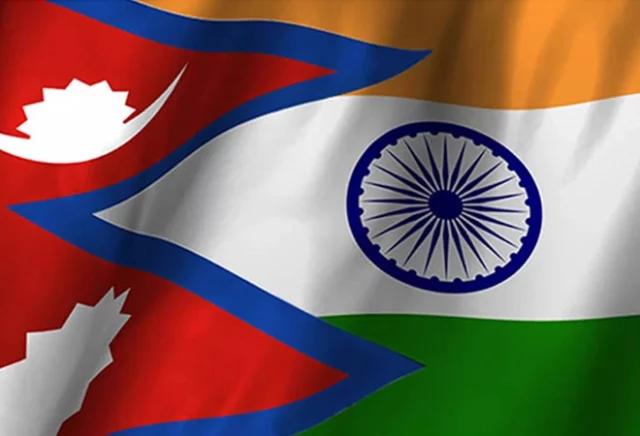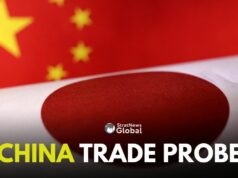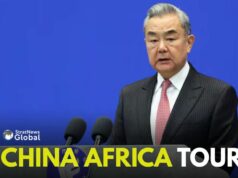Does India have any allies left in Nepal? That’s the million-dollar question which Indian diplomats with long experience of our Himalayan neighbour, are asking themselves. The Nepali Congress (NC), which India has invested heavily in, stands isolated on the political margins even after emerging as the single largest party post elections.
Worse still, the buzz from the inner circles of the NC is that India is to blame for apparently advising Sher Bahadur Deuba to insist on the prime ministership even though his government would have been saved if he had stepped aside for Maoist Centre leader Prachanda, his coalition partner. India may have also alienated other senior leaders of the party by rooting for Deuba.
“Clearly, the policy of putting all our eggs in the NC basket needs to be relooked,” argues Ranjit Rae, former ambassador to Nepal. “Although Prachanda I understand has offered India full cooperation and in implementing various development projects, some appointments to ministries such as infrastructure suggest the going may not be easy for India.”
Prachanda has joined hands with K P Sharma Oli, the former prime minister viewed by some sections in India as a spoiler for having triggered the controversy over Kalapani. Although Oli has held out assurances of cooperation, his statements during the election campaign on the Kalapani issue suggest otherwise.
“It sends a message to the rank and file Communist Party cadres that reinforce prejudices against India,” says Ambassador Rae. “Add to that, some of our traditional allies among the Madhesi parties have been wiped out in this election.”
India doesn’t appear to have invested in the new generation rising across the Nepali political spectrum. NC youth leader Gagan Thapa is a US-educated politician who may not share the traditional view in his party about India. TV anchor and leader of the Swantantra Party Rabi Lamichhane, is another unknown quantity who holds the home portfolio in the new government.
China appears the big gainer here, having scripted the political upset that has brought all the communist parties (and some others) on one platform. This was something they had been working towards for some time and was no secret.
“Perhaps India was complacent like Deuba,” argues Yubaraj Ghimire, Editor of the online Deshsanchar.com based in Kathmandu, “not fully realizing the import of China’s smart mobilizing of the Maoists and many other groups.”
The new coalition is unlikely to fall apart that easily. They have the numbers in parliament, also the assumption is that Prachanda and Oli will keep their personal ambitions in check. This is something China is reported to have advised both leaders privately. Prachanda will be PM for two years followed by Oli, that’s the understanding.
Going by the constitution, the government is safe for the next two years and if things do fall apart, the council of ministers can continue with a new prime minister.
The key concern for India is the pro-China look of the new government. A technical team from Beijing was in Kathmandu the day after Prachanda was sworn in, to examine the feasibility of a cross-border railway line. This has strategic implications for India. China may step up efforts to build closer ties with the Nepal Army with the aim of displacing India.
Could India-aided infra projects including power projects be hit? There’s been some heartburn there over India’s refusal to buy electricity from China-aided or funded power projects. Lots of questions, answers may not be long in coming.
Thirty eight years in journalism, widely travelled, history buff with a preference for Old Monk Rum. Current interest/focus spans China, Technology and Trade. Recent reads: Steven Colls Directorate S and Alexander Frater's Chasing the Monsoon. Netflix/Prime video junkie. Loves animal videos on Facebook. Reluctant tweeter.





